Billy the Kid
~Traditional
I’ll sing you a true song of Billy the Kid,
I’ll sing of the desperate deeds that he did,
Way out in New Mexico, long long ago
When a man’s only chance was his own 44.
When Billy the Kid was a very young lad
In the old Silver City he went to the bad
Way out in the West with a gun in his hand
At the age of twelve years he first killed his man.
Fair Mexican maidens play guitars and sing
A song about Billy, the boy bandit king
How ere his young manhood had reached its sad end
He’d a notch on his pistol for twenty-one men.
‘Twas on the same night when poor Billy died
He said to his friends: “I am not satisfied.
There are twenty-one men I have put bullets through
And sheriff Pat Garrett must make twenty-two.”
Now this is how Billy the Kid met his fate,
The bright moon was shining, the hour was late
Shot down by Pat Garrett, who once was his friend
The young outlaw’s life had now come to its end.
There’s many a man with a face fine and fair
Who starts out in life with a chance to be square,
But just like poor Billy he wanders astray
And loses his life in the very same way.

 I am indebted to the many friends who share my love of traditional songs and to the many scholars whose works are too many to include here. I am also incredibly grateful to the collector’s curators and collators of Wikipedia, Mudcat.org, MainlyNorfolk.info, and TheContemplator.com for their wise, thorough and informative contributions to the study of folk music.
I am indebted to the many friends who share my love of traditional songs and to the many scholars whose works are too many to include here. I am also incredibly grateful to the collector’s curators and collators of Wikipedia, Mudcat.org, MainlyNorfolk.info, and TheContemplator.com for their wise, thorough and informative contributions to the study of folk music.
I share their research on my site with humility, thanks, and gratitude. Please cite their work accordingly with your own research. If you have any research or sites you would like to share on this site, please post in the comment box. Thanks!
Contents
| "The Ballad of Billy the Kid" | ||||
|---|---|---|---|---|
| Single by Billy Joel | ||||
| from the album Piano Man | ||||
| B-side | "If I Only Had the Words (To Tell You)" | |||
| Released | April 1974 | |||
| Recorded | 1973 | |||
| Length | 5:35 | |||
| Label | Columbia | |||
| Songwriter(s) | Billy Joel | |||
| Producer(s) | Michael Stewart | |||
| Billy Joel singles chronology | ||||
| ||||
"The Ballad of Billy the Kid" is a song by American singer-songwriter Billy Joel from the album Piano Man. It was also issued as a single in the UK backed with "If I Only Had The Words (To Tell You)."[1]
Artistic license
The song is Joel's fictionalized version of the story of Billy the Kid. In an interview from 1975, Joel admitted, "Basically [the song] was an experiment with an impressionist type of lyric. It was historically totally inaccurate as a story."[2]
Examples of these inaccuracies include when Joel sings that Billy the Kid was "from a town known as Wheeling, West Virginia" and that "he robbed his way from Utah to Oklahoma."[3] The real Billy the Kid never robbed a bank and although his birthplace is uncertain, no account suggests that he was from West Virginia. The song also says that Billy the Kid was captured and hanged, with many people attending the hanging; in reality, he was shot and killed by Pat Garrett.[4]
Background
In the last verse of the song, the lyrics switch from Billy the Kid to a "Billy" from Oyster Bay, Long Island.[5] The writer Ken Bielen has interpreted the "Billy" in the final verse as being a portrait of Billy Joel himself since Joel was from Oyster Bay.[5] However, in the liner notes to his album Songs in the Attic Joel claims that the "Billy" in the final verse is not himself but rather a bartender who worked in Oyster Bay, by the name of Billy Nastri.[6]
In an interview, Billy Joel mentioned that this song was about "record company PR hype". The lyrics may have been inspired in part by the liner notes from his earlier two-man album Attila, which go on and on about the historic Attila the Hun, and then conclude, "Attila – the hottest band to come along since the Huns sacked Europe".
Influences
According to one of Joel's unofficial biographers, Hank Bordowitz, the instrumentation of "The Ballad of Billy the Kid" has details reminiscent of the composers Aaron Copland and Ennio Morricone.[7] Copland himself wrote the music for a ballet titled Billy The Kid.
Live versions
The song was a concert staple from 1974–1979. In 1981, Joel's song was released in a live version on the album Songs in the Attic.[6] The live version was used as the B-side to the live single of "She's Got a Way."[8] Another live version of the song was released on Live at Shea Stadium: The Concert in 2011.[9] Still another live version was also included on Disc 1 of Joel's 12 Gardens Live album, issued in 2006.
Critical reception
Critical response to the song has been mixed. In The New Rolling Stone Album Guide, Paul Evans called "The Ballad of Billy the Kid" one of the "ambitious story songs" on Piano Man[10] and Dennis Hunt of The Los Angeles Times agreed that the song showed Joel's "knack for story songs."[11] But other critics have dismissed the song. For example, The New York Times critic Laura Sinagra called the song a "bombastic throwaway"[12] and Tom Phalen of The Seattle Times was also critical of the song, arguing that Joel's "outlaw" character doesn't match Joel's light, catchy "Marlboro Man melodies."[13] Bordowitz comments on the "interesting, if somewhat jejune parallel" in the lyrics between a teenage rebel in the 1800s American West and in the 1900s American suburbs.[7]
Pop culture reference
"The Ballad of Billy the Kid" is featured during the Family Guy episode "Dial Meg for Murder".
References
- ^ "Billy Joel – The Ballad Of Billy The Kid / If I Only Had The Words (To Tell You)". Discogs. 1974. Retrieved 2012-07-18.
- ^ "The Ballad Of Billy The Kid by Billy Joel". ZigZag. 1975. Retrieved March 11, 2018 – via songfacts.com.
- ^ Joel, Billy. "The Ballad of Billy the Kid". Piano Man. Columbia Records, 1973.
- ^ Joel, Billy (2016). Billy Joel Channel. Sirius XM Radio.
- ^ a b Bielen, K. (2011). The Words and Music of Billy Joel. ABC-CLIO. p. 25. ISBN 9780313380167.
- ^ a b Joel, Billy (1981). Songs in the Attic (LP). Billy Joel. New York: Columbia Records. TC 37461.
- ^ a b Bordowitz, H. (2006). Billy Joel: The Life & Times of an Angry Young Man. Random House. pp. 75, 202. ISBN 9780823082483.
- ^ "Billy Joel – She's Got A Way / The Ballad Of Billy The Kid". Discogs. 1981. Retrieved 2012-07-18.
- ^ Erlewine, S.T. "Live at Shea Stadium: The Concert". Allmusic. Retrieved 2012-07-18.
- ^ Evans, P. (2004). Brackett, N.; Hoard, C. (eds.). The New Rolling Stone Album Guide (4th ed.). Simon and Schuster. p. 434. ISBN 9780743201698.
- ^ Hunt, D. (January 10, 1987). "Billy Joel Keeps His Cool Despite Success as a Rock Star". The Vindicator. p. 20. Retrieved 2012-07-18.
- ^ Sinagra, L. (January 24, 2006). "At Garden, Billy Joel Is Out to Prove He's in Control". New York Times. Retrieved 2012-07-18.
- ^ Phalen, T. (November 26, 1993). "An Ode To Billy Joel -- 'River Of Dreams' Tour Is Turning Point For Once-Angry Pop Star". The Seattle Times. Retrieved 2012-07-18.
Source: History.com
1859
Billy the Kid born
Billy the Kid called himself William H. Bonney, but his original name was probably Henry McCarty. Bonney was his mother Catherine’s maiden name, and William was the first name of his mother’s longtime companion–William Antrin–who acted as Billy’s father after his biological father disappeared. Around 1865, Billy and his brother traveled west to Indiana with their mother and Antrin, and by 1870 the group was in Wichita, Kansas. They soon moved farther west, down the cattle trails, and in 1873 a legally married Catherine and William Antrin appeared on record in New Mexico territory. In 1874, Billy’s mother died of lung cancer in Silver City.
Billy soon left his brother and stepfather and took off into the New Mexico sagebrush. He worked as a ranch hand and in 1876 supposedly killed his first men, a group of reservation Apache Indians, in the Guadalupe Mountains. According to legend, it was not long before Billy killed another man, a blacksmith in Camp Grant, Arizona. Billy the Kid, as people began calling him, next found work as a rancher and bodyguard for John Tunstall, a English-born rancher who operated out of Lincoln, New Mexico. When members of a rival cattle gang killed Tunstall, in 1878, Billy became involved in the so-called Lincoln County War.
Enraged at Tunstall’s murder, Billy became a leader of a vigilante posse of “regulators” sent to arrest the killers. No arrests were made, however. Two of the murderers were shot dead by Billy’s posse, and a worsening blood feud soon escalated into all-out warfare. After Billy’s gang shot dead Lincoln Sheriff Bill Brady, who had sanctioned Tunstall’s murder, Billy’s enemies conspired with the territorial authorities to do away with the regulators.
In July 1878, the rival gang surrounded the house where Billy and his gang were staying just outside of town. The siege stretched on for five days, and a U.S. Army squadron from nearby Fort Stanton was called in. Still, Billy and his gang refused to surrender. Suddenly, the regulators made a mass escape, and Billy and several of the other regulators miraculously managed to shoot their way out of town.
After more than two years on the run, Billy was arrested by Lincoln Sheriff Pat Garrett, a man Billy had previously befriended before Garrett became a lawman. In April 1881, Billy was found guilty of the murder of Sheriff Brady and was sentenced to hang. On April 28, two weeks before his scheduled execution, Billy wrested a gun from one of his jailers and shot him and another deputy dead in a daring escape that received considerable national attention.
On the night of July 14, 1881, Garrett finally tracked Billy down at a ranch near Fort Sumner, New Mexico. He gained access to the house where Billy was visiting a girlfriend and then surprised him in the dark. Before the outlaw could offer resistance, Garret fired a bullet into his chest. Billy the Kid was dead at age 21.
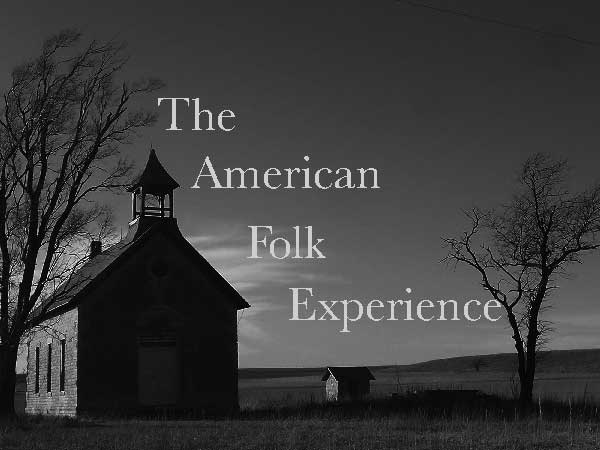
Performances, Workshops, Resources & Recordings
The American Folk Experience is dedicated to collecting and curating the most enduring songs from our musical heritage. Every performance and workshop is a celebration and exploration of the timeless songs and stories that have shaped and formed the musical history of America. John Fitzsimmons has been singing and performing these gems of the past for the past forty years, and he brings a folksy warmth, humor and massive repertoire of songs to any occasion.
Festivals & Celebrations Coffeehouses School Assemblies Library Presentations Songwriting Workshops Artist in Residence House Concerts Pub Singing Irish & Celtic Performances Poetry Readings Campfires Music Lessons Senior Centers Voiceovers & Recording
““Beneath the friendly charisma is the heart of a purist gently leading us from the songs of our lives to the timeless traditional songs he knows so well…”
Join Fitz at The Colonial Inn
“The Nobel Laureate of New England Pub Music…”
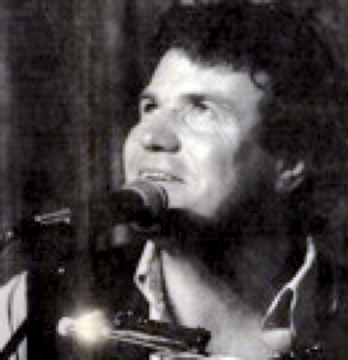
On the Green, in Concord, MA Every Thursday Night for over thirty years…
“A Song Singing, Word Slinging, Story Swapping, Ballad Mongering, Folksinger, Teacher, & Poet…”
Fitz’s Recordings
& Writings
Songs, poems, essays, reflections and ramblings of a folksinger, traveler, teacher, poet and thinker…
Download for free from the iTunes Bookstore
“A Master of Folk…”
Fitz’s now classic recording of original songs and poetry…
Download from the iTunes Music Store
“A Masterful weaver of song whose deep, resonant voice rivals the best of his genre…”
“2003: Best Children’s Music Recording of the Year…”
Fitz & The Salty Dawgs Amazing music, good times and good friends…


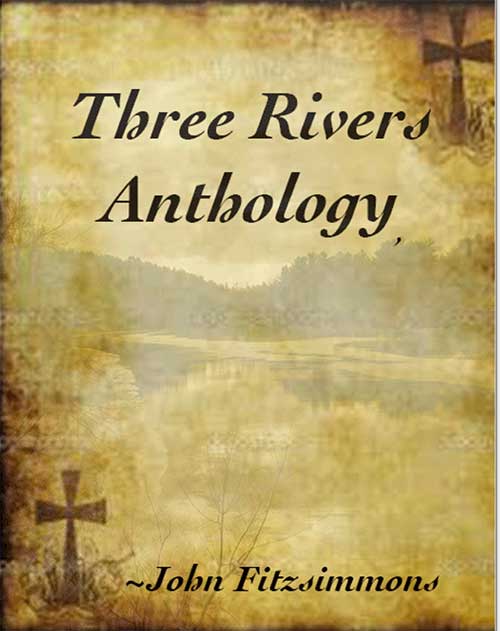
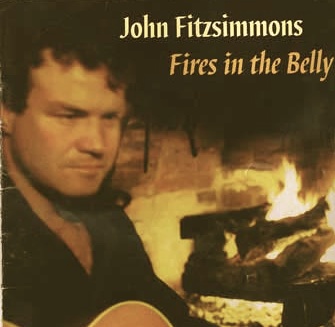
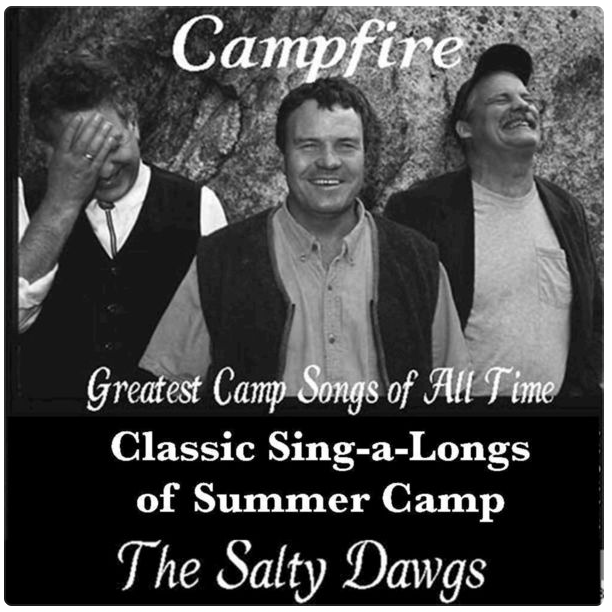
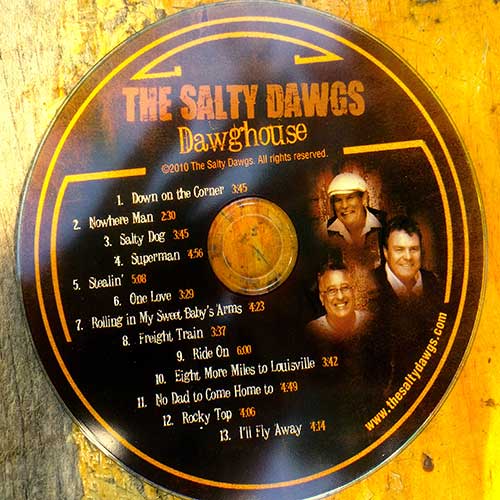
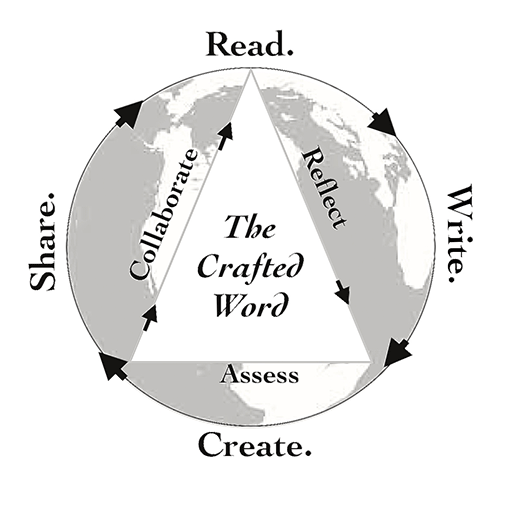


0 Comments